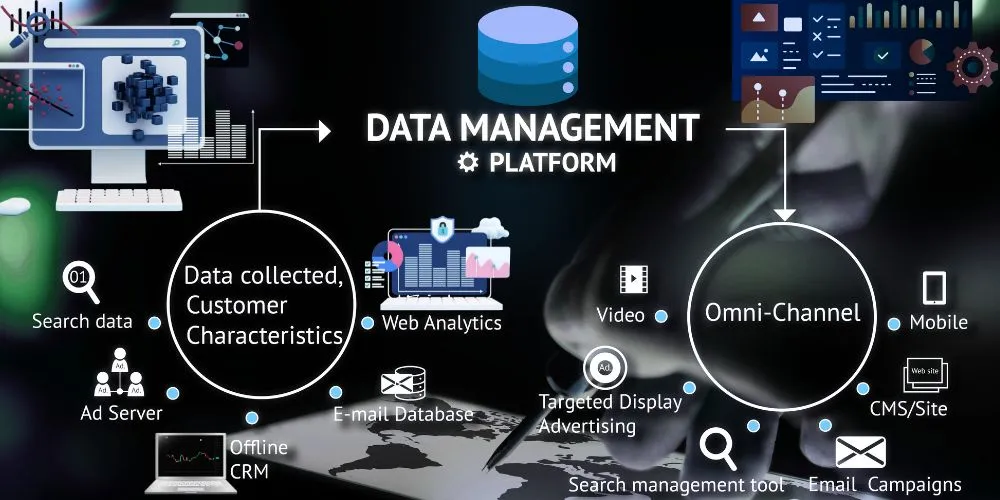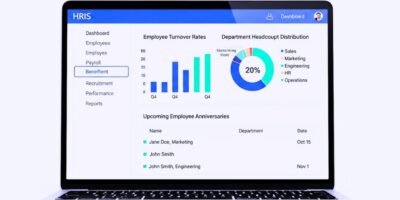Data Management Platforms (DMPs) have become essential tools for modern marketers. They serve as central hubs for collecting, organizing, and activating vast consumer data, allowing businesses to create highly targeted marketing campaigns. With the exponential growth of digital interactions and the shift towards data-driven marketing strategies, the role of DMPs in the marketing ecosystem is more significant than ever.
Centralizing Data Across Multiple Channels
DMPs are crucial in consolidating data from various sources into a unified platform, including websites, mobile apps, social media, and Customer Relationship Management (CRM) systems. Collecting and organizing first, second, and third-party data, DMPs allow marketers to understand their target audience comprehensively. This multi-channel data collection enables marketers to tailor their messages more precisely, leading to more effective advertising campaigns. Studies have shown that marketers using data-driven strategies see up to a 20% increase in ROI compared to traditional approaches.
Enhanced Audience Segmentation
One of the most valuable features of DMPs is their ability to enhance audience segmentation. Marketers can use DMPs to group consumers into highly specific segments based on behaviors, preferences, and demographics. This granular level of targeting ensures that marketing messages are personalized, improving customer engagement. For example, research from Accenture suggests that 91% of consumers are likely to shop with brands that provide relevant offers and recommendations, highlighting the importance of precise targeting enabled by data management platforms.
Optimizing Ad Spend and Efficiency
Data management platforms help optimize ad spending by ensuring marketing budgets are used more efficiently. With access to detailed audience insights, marketers can allocate budgets more effectively, focusing on consumers. This efficiency not only increases conversion rates but also reduces wasted ad spend. According to a study by McKinsey, companies that leverage data-driven marketing strategies can reduce costs by 15-20% and boost overall marketing effectiveness.
Challenges and Limitations
While data management platforms are powerful tools, they are not without challenges. Data privacy regulations, such as GDPR and CCPA, place limits on how consumer data can be collected and used. Additionally, as third-party cookies are phased out, DMPs that rely heavily on this data type may face hurdles in maintaining their effectiveness. Marketers need to shift towards leveraging more first-party data and exploring new technologies like Customer Data Platforms (CDPs) to complement DMPs in a changing landscape.
Conclusion
Data Management Platforms have undeniably become the backbone of modern marketing, providing businesses with the tools to centralize data, enhance segmentation, and optimize ad spend. However, the future of DMPs lies in their ability to adapt to evolving data privacy laws and the diminishing role of third-party cookies. While challenges exist, their core value in data-driven marketing strategies makes DMPs a foundational element of the modern marketing ecosystem.













